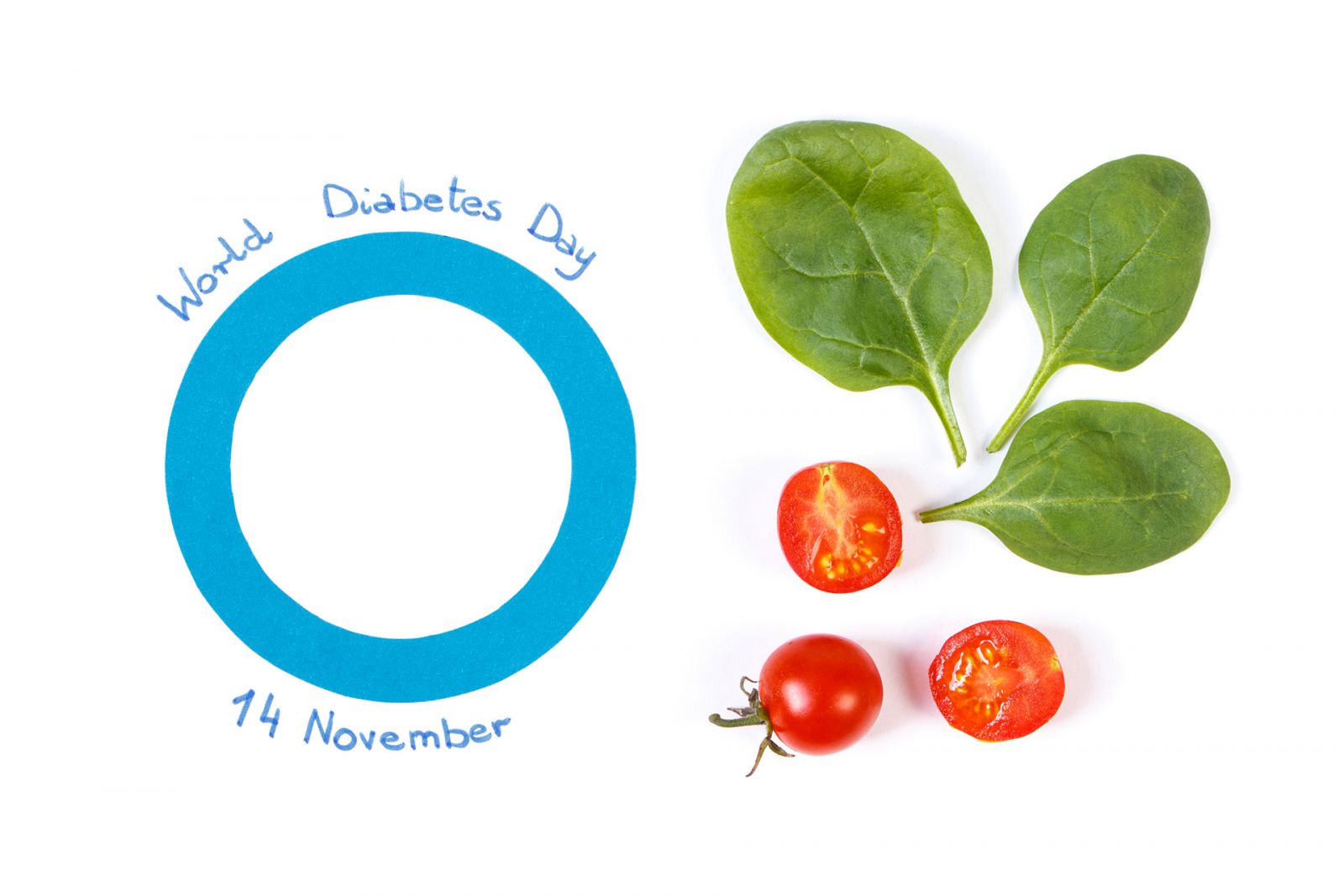World Diabetes Day - Symptoms, Causes & Treatments

November 14th is World Diabetes Day, which aims to draw attention to the condition that is becoming increasingly prevalent in both young and old generations. To support this cause, selected Life Pharmacies are offering FREE Diabetes Care & Blood Glucose Screening to Life Loyalty customers when they swipe their loyalty cards from November 14th to 21st.
What is Diabetes?
Diabetes is a condition in which the sugar level of the blood is too high. This happens when the body cannot break down carbohydrates properly due to a defect in the pancreas, the gland that produces insulin. This lack of insulin means that blood sugar levels move outside of the normal health range.
There are two main types of diabetes – Type 1, where the body’s immune system breaks down the cells that produce insulin, creating a deficiency, and Type 2, where the body doesn’t produce enough insulin and the body’s cells don’t react to insulin. Roughly 90% of diabetes cases in adults over 40 years old is Type 2 diabetes.
With an average of seven years between onset and diagnosis, the earlier the condition is detected the easier it will be to manage. Early detection gives the ability to protect against heart attack, stroke and vision loss which can develop due to high blood sugar levels over years.
Symptoms of Diabetes
Both types of diabetes carry many of the same symptoms. However, Type 1 develops quickly, often over weeks or even days. Many people can have Type 2 for years without realising because early symptoms tend to be general.
The main symptoms of diabetes include:
- Feeling very thirsty
- Urinating more frequently than usual, particularly at night
- Feeling very tired
- Weight loss and loss of muscle bulk
- Cuts or wounds that heal slowly
- Blurred vision
Who is at risk?
You may be at risk if:
- You are over the age of 40
- You are overweight (a BMI of 25 or higher)
- You have a family history of diabetes
- You had the condition during pregnancy
- You do not exercise regularly (it is recommended to get 30 minutes of exercise five days per week)
- You have high blood pressure
- You have high cholesterol
